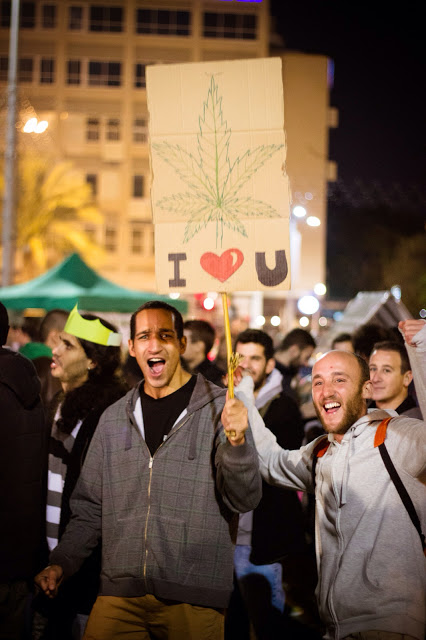The news caused quite a stir within the cannabis community.
On Saturday, July 26, 2014, the eminent newspaper, The New York Times, communicated its editorial team’s opinion on cannabis, to the surprise of their readers.
Indeed, not only is the topic of cannabis generally avoided by mainstream press, but the actual stance of the New York Times is also firmly unequivocal: they are calling for total legalization of cannabis.
Granted, the New York Times is somewhat known for its broad-minded contents on societal matters, and is often qualified as “liberal.” Nevertheless, the fact that the newspaper chose to express its views on the multi-purpose plant via its editorial column is considered quite a breakthrough, as it conveys the informed opinion of its entire team of writers, and presumably, was also considered relevant enough to tacitly include the readers of the famous publication as well.
Freedom, interrupted.
The column makes a direct and very accurate parallel between the American alcohol prohibition that took place between 1920 and 1933, and the “Reefer Madness” era that cannabis has been at the centre of since the mid-thirties. “It has been more than 40 years since Congress passed the current ban on marijuana, inflicting great harm on society just to prohibit a substance far less dangerous than alcohol,” the editors argue.
There follows a comprehensive list of direct and indirect consequences linked to the illegal status of cannabis, which according to them, should convince any thusly-informed citizen that legalization is the only sensible solution to this more than sizable issue.
So many reasons why.
Cannabis has been falsely linked to several health risks, and is much less addictive than some legal substances, such as alcohol and tobacco.
Its illegal status prompted a rise of the black market, criminalizing citizens in the process, often with tragic consequences ranging from costly fines to years of imprisonment. In some countries, trafficking of fairly small amounts of cannabis can even lead to the death penalty.
Besides the above, and many other items which have been stressed by cannabis activists for decades, The New York Times points out an issue that is especially appalling from a human perspective: the racist nature of the current policy.
According to an FBI investigation quoted in the article, in 2012, 658,000 people were arrested for cannabis possession, as opposed to “only” 256,000 for cocaine, heroin, and derivatives of these, combined. When the figures are broken down, “the result is racist, falling disproportionately on young black men, ruining their lives and creating new generations of career criminals,” the New York Times states.
A surf-worthy wave.
The column has sparked many reactions from both sides of the fence. Of course, liberal publications have lauded this daring move, and the cannabis community has propagated it. In terms of the establishment, the White House itself reacted to the news, drafting a somewhat puzzling response to the article, sprinkled with statements and warnings based on incorrect scientific evidence, or at times, none at all.
Clearly, representatives of the U.S. government are not entirely ready to follow The New York Times’ advice. Hopefully, this will soon change, as it is becoming increasingly difficult to ignore the number of people hopping on the cannabis train.
Love elephant and want to go steady?
Sign up for our (curated) daily and weekly newsletters!
Editor: Travis May
Photo: Pixoto/Bryan Doane












Read 0 comments and reply